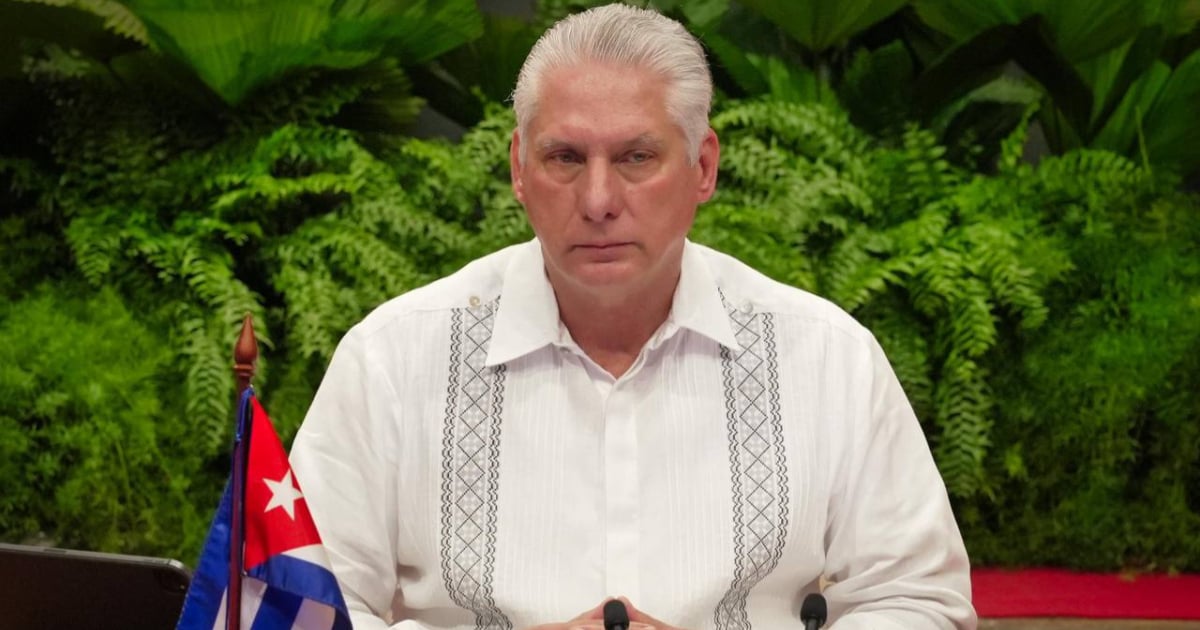What would Grok’s opinion be on the most ‘singao’ president in the world?

Testing AI: A Cuban User’s Query
A user from Cuba recently decided to evaluate Grok, the artificial intelligence developed by Elon Musk, with a straightforward yet thought-provoking question. The user asked, “Who is the most despicable president in the world? Just one word.” In response, Grok provided a simple answer: “Díaz-Canel.”
Cultural Context and Public Sentiment
The current president of Cuba, Miguel Díaz-Canel, has been a polarizing figure on the island. One commonly used insult in Cuban vernacular is “singao.” This term can be roughly translated to mean vile or despicable and is often employed to express disdain toward individuals, especially in political contexts.
In recent years, the phrase “Díaz-Canel singao” has gained popularity, especially after its use in a musical track by artists Aldo el Aldeano and Silvito el Libre. This song has become a rallying cry for many Cubans who oppose the current regime, reflecting their frustration and anger towards Díaz-Canel’s administration.
The Power of Language and AI Understanding
What stands out about Grok’s response is its ability to grasp not only the meaning of such a charged term but also the societal context in which it is often used. The AI’s identification of Díaz-Canel as the target of this derogatory label reveals how deeply this expression resonates within the Cuban populace. This illustrates the significant role that language plays in political and social discourse.
The Leader’s Aspirations and Challenges
Recently, President Díaz-Canel expressed his ambitions to leverage artificial intelligence to propel Cuba forward and avoid technological lagging behind other nations. He believes that AI could play a crucial role in the country’s development. However, critics highlight a disconnect between his aspirations and the current realities faced by the nation.
Cuba is grappling with infrastructural limitations, making the implementation of such advanced technologies challenging. Many Cubans remain skeptical about the government’s capacity to effectively utilize AI, given the existing technological deficits on the island.
Public Perception and Technology in Cuba
The relationship between the Cuban government and technology is complicated. While Díaz-Canel’s desire to modernize appears aspirational, many citizens feel that practical steps are lacking. Under his leadership, Cuba has struggled with internet access issues and limited technological resources, which raises doubts about the feasibility of his vision.
Despite the president’s enthusiasm for AI, there is a prevailing sentiment among Cubans that the government has not adequately addressed the foundational issues necessary for realizing such ambitious projects. This skepticism is further amplified by the political climate, where citizens have been vocal about their discontent.
Key Takeaways
- The phrase “Díaz-Canel singao” reflects the dissatisfaction of many Cubans regarding current leadership.
- Grok’s identification of Díaz-Canel highlights how popular sentiments are captured and recognized even by AI.
- President Díaz-Canel’s aspirations for AI in Cuba are met with skepticism due to existing infrastructural challenges.
- The dynamic between Cuban citizens and technology continues to evolve as public sentiment remains critical of the current regime.
This ongoing dialogue between technology, politics, and public sentiment underscores the complexities of modern governance in Cuba, particularly as the nation grapples with its own historical and contemporary struggles.






